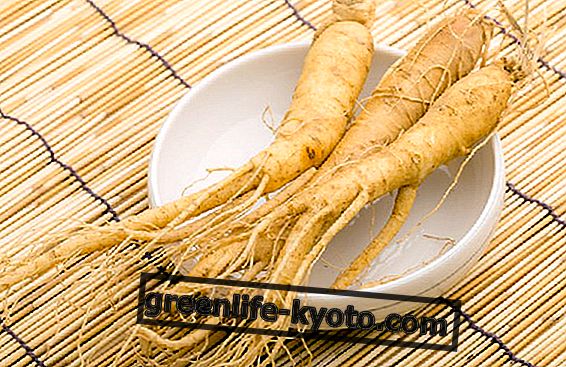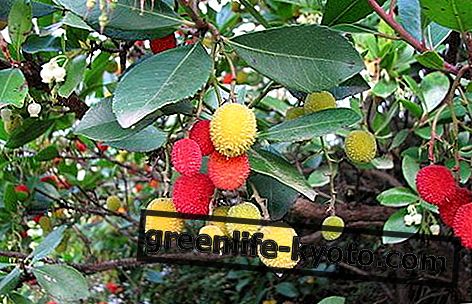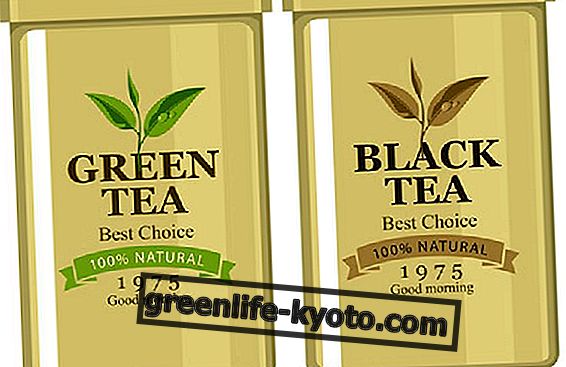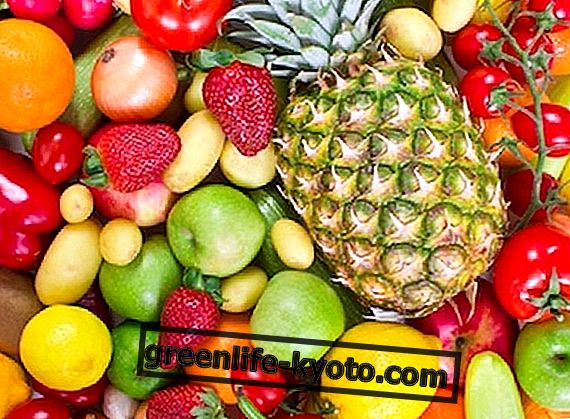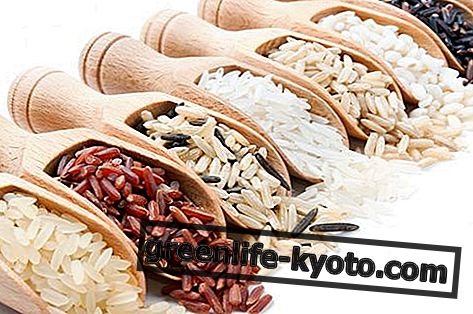
Essential oils are powerful remedies that have very different indications and can be a valid remedy to stimulate our immune system and protect it from external attacks of seasonal bacteria and viruses, but also from internal degenerations that affect the stomach for example, such as helycobacter pilori, or escherichia coli in the urinary tract.
Let's see some of them in detail, to keep always with us and to use scrupulously based on the suggested dosages and methods.
Lemon essential oil
The essential oil of lemon, whose botanical name is citrus limonia, is extracted from the outside of the skins by cold pressing, (from its leaves is instead extracted the essential oil of lemon petitgrain).
The scent of this essential oil is fresh, citrusy, a distinct top note. The energy that characterizes the action is by nature Yang, according to traditional Chinese medicine, therefore strong, masculine, solar, in total symbolic agreement with the lemon.
Properties of the essential oil of Lemon
Lemon essential oil is stimulating, antirheumatic, antiseptic, purifying, venous tonic, anti-inflammatory, immune tonic, vermifuge .
It is indicated for cases of oral cavity infection, flu, rheumatism, venous stasis, digestive difficulties . Lemon essential oil has an astringent effect: it dries " the excess of humidity and moods ". In fact it is useful for decongesting, draining and toning tissues subjected to venous and lymphatic stasis.
Topically, it is a purifying, healing and elasticising oily skin with acne problems. In the case of hand and foot warts it acts as a vermifuge to be used pure with a cottonfioc directly on the infected part.
In the face of all these properties, lemon essential oil is able to strengthen the immune system and protect it from attack by viruses and bacteria, even only through external use linked to aromatherapy.
Use of essential lemon oil
- 5 drops of lemon essential oil in a room diffuser are useful to purify the environment from unpleasant odors, disinfect and relax.
- In a spoon of honey 2 drops of lemon essential oil for internal use
- 3-4 drops in the bath water for aromatic baths

Eucalyptus essential oil
The essential oil of eucalyptus, whose botanical name is Eucalyptus Globolus, is one of the 700 types of eucalyptus and is the most widely used from a medicinal point of view due to its high content of eucalyptus .
The essential oil is extracted from the leaves and terminal twigs by steam distillation. The scent is strong, a bit camphorous, woody. It is governed by a Yin energy, heavy, very earthy and strong, not very dispersive.
Properties of Eucalyptus essential oil
The essential oil of Eucalyptus has an anti-catarrhal, expectorant, mucolytic, antiseptic, analgesic, febrifugal, antiparasitic, insect-repellent action.
It is therefore indicated for the infectious processes of the oral cavity and respiratory tract in general, such as tracheitis, colds, pharyngitis, cough, insect bites.
Use of Eucalyptus essential oil
It is recommended to be used only externally, as it can show toxicity internally.
- 5 drops of essential oil in a diffuser to purify the air and the rooms
- by friction under the feet with 2-3 drops diluted in a carrier oil. The foot is a conductor of essential oils and their main anti-inflammatory and disinfectant properties.

Discover also the action of echinacea on our immune defenses
Another remedy for the immune system: grapefruit seed extract
To the essential oils described above I would like to associate an important natural remedy that does not belong to the same family, but is an extract with powerful antibacterial properties : the grapefruit seed extract.
It is obtained from the seeds and membranes of the dehydrated fruit and we can find it on the market both in fluid extract and in dry extract, sometimes even combined with the essential oil of tea tree .
It is used internally and has no toxicity. The taste is dry, bitter and not all palates like it easily. The trick is to dissolve its drops in a grapefruit or orange juice!
Properties of grapefruit seed extract
Grapefruit seed extract is rich in bioflavonoids, hesperidin, Vitamin A, C and E and mineral salts, such as Zinc, and selenium. It performs an anti-inflammatory, antiallergic action, is an immunostimulant, antiviral, antifungal, antioxidant.
Its use is indicated for seasonal changes to structure the body's natural defenses. It is able to fight helycobacter pylori, a microorganism that can inflame the gastric mucosa and cause ulcers.
It is useful as a post-antibiotic treatment to defend the intestinal bacterial flora and help it to regroup. His fame is linked to the ability to fight bacteria such as Escherichia Coli due to urinary tract infections such as cystitis and prostatitis.
It is also effective in case of Herpes simplex and odious fungal infections of the skin such as Candida Albicans. In short, a powerful remedy to be used both as a preventive measure and as a first aid and never to be missed.
Use of grapefruit seed extract
- In case of preventive care use the remedy gradually: start with 5 drops diluted in a glass of water or juice 3 times a day before the main meals, and every day add a drop until you take 15 at a time for a week, then backwards reduce the amount by one drop per day until it drops to 5 drops at a time and stop taking it. This practice performed at each change of season will strengthen our immune system.
- In case of emergency, take 20 to 30 drops 3 times a day well diluted in a glass of water or other non-alcoholic or carbonated beverage.
